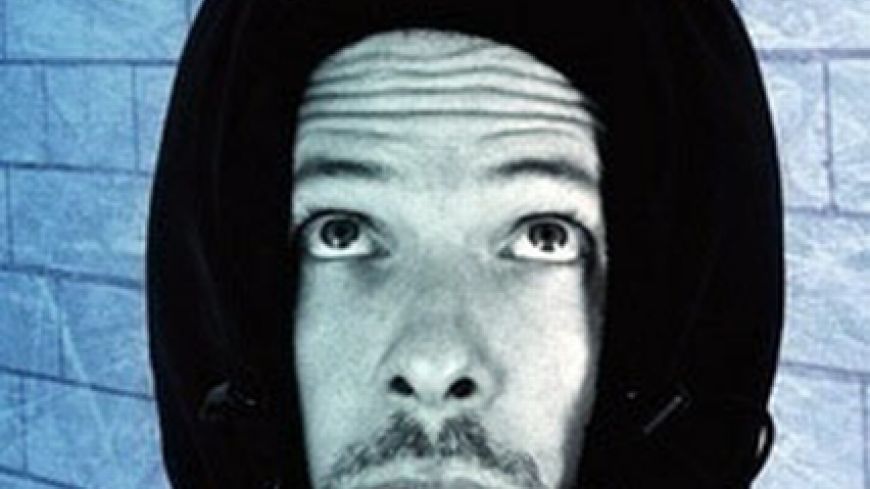
Welcome to Reykjavik, or as the sign at the airport reads “Velkomin Heim” (Welcome Home). It’s a city which our narrator “Y” desperately wants to make home - a place to start again, a blank sheet just like the one behind which the white-clad audience are presently standing.
Through the whiteout we glimpse events. We are not here as tourists to the Blue Lagoon but instead to Y’s memories, to explore the shifting landscape inside his head. He has come here to teach English but mainly to resume a love affair with “S”, something that has itself become somewhat enshrouded in the mists of time.
The audience is led, promenade fashion through time and place, visiting a dance class where we carry out an exercise on letting go of the past and grasping the future. Onwards to the Sundhöllin swimming palace, where the mirrored doors offer constantly changing views.
In fragments we piece together Y’s relationship with S, which seems to partly repeat the pattern of that of her Buddhist parents. Patterns are everywhere in Reykjavik – from the reforming landscape to memory to the hexagrams of Y’s oft-consulted I-Ching. Life isn’t simple and to plunge into the ancient culture seems as complicated as the multi-layered declensions of its language. Merely looking back can be dangerous – just remember Lot’s wife and Orphic myth.
And so we come full circle to see more clearly those earlier glancing images of Y’s journey to reclaim his past. A projected extract from Italo Calvin’s novel Invisible Cities declaims “Futures not achieved are only branches of the past: dead branches.”
This immersive and unconventional piece of theatre achieves the seemingly impossible – to make physical the inner workings of its characters. The delivery is very personal – almost confessional. It will burn long into the memory of all who take part. While Y’s own pillar of salt moment is beautifully simple and effective, in other places it could have more visual impact, particularly where expectation has been heightened by having other senses deprived.
The slogan of the Bongo Club venue is “Putting the Cult in Culture” – appropriate, because if Reykjavik was a movie it would have a cult following.
Footnote: Revealing Reykjavik a free arts/science discussion on memory is hosted by Edinburgh Neuroscience at 7.30pm on 20 August 2010 at the Informatics Forum, 10 Crichton Street.
Show Times
12-15, 17-21, 24-29 August, 12.45pm.
14-15, 18-23, 25-29 August 2010, 11.45am
Ticket Prices
£10 (£8). Restricted to 20 per performance.

